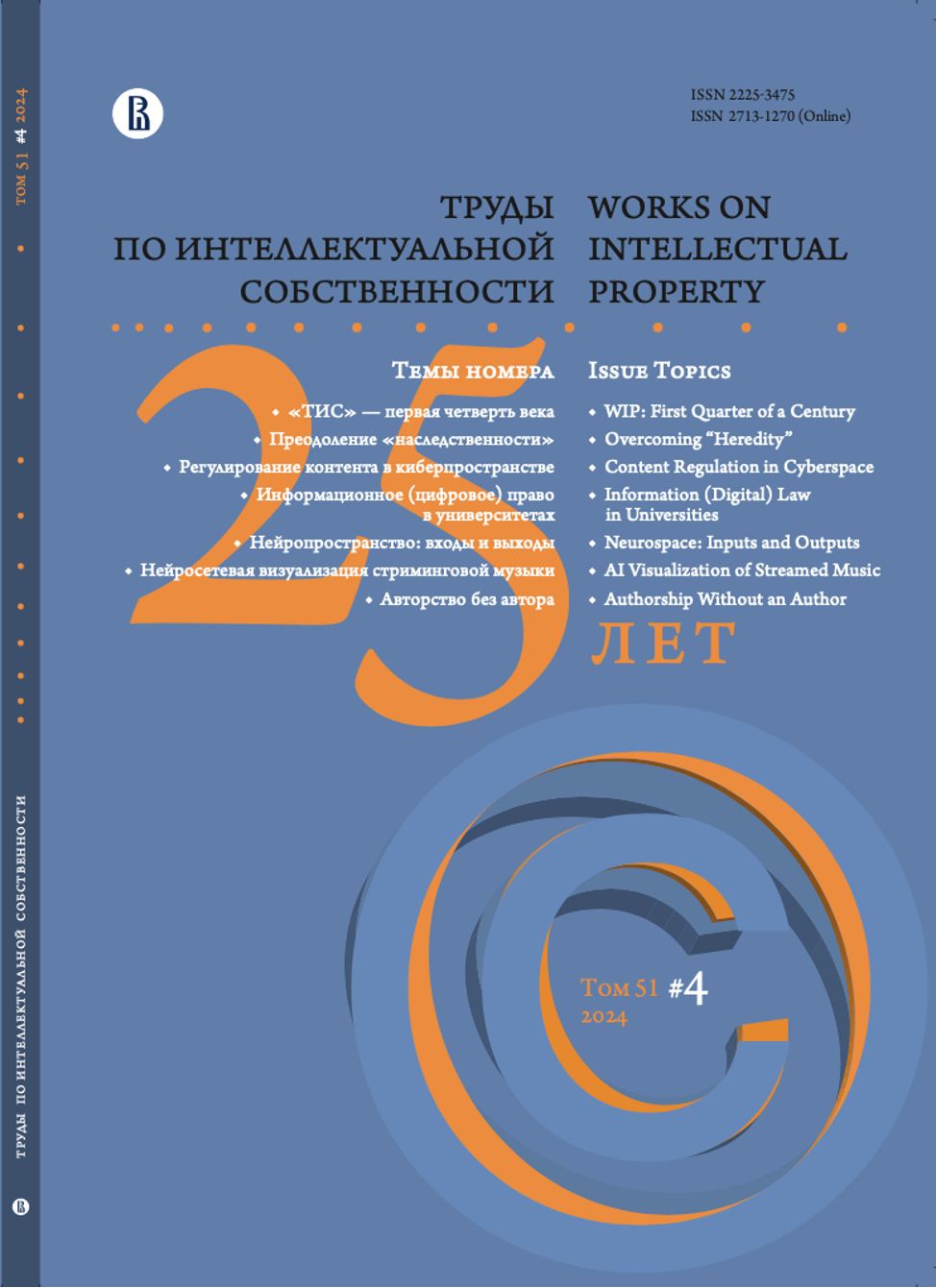THE STATE AND SOCIETY: TO OVERCOME “HEREDITY”
Abstract
The specific conditions in which civil society is formed in Russia are due to a long history, during which the people almost never possessed subjectivity, and the values of freedom, personal autonomy and responsibility, civic solidarity, etc. were not formed in the mass consciousness. Nevertheless, the author comes to the paradoxical, at first glance, conclusion that it is the pace and nature of the formation of a truly civil society depend on the State. However, there is no paradox here. On the one hand, Russia will not develop sustainably outside the democratic system. On the other hand, democracy, at least stable democracy, is impossible without a genuine civil society, without its developed institutions. At the same time, since society lacks the skills of civic solidarity, the skills of citizens' demands on the state, etc., the process of creating a civil society can take many decades. But Russia does not have such a resource of time. In these circumstances, it is the state that must assume the role of a "caring gardener." Of course, there is a danger of “nationalization” of civil society institutions. To prevent this from happening, the state itself must be properly organized, and this will become the basis for its interest in turning from subjects into citizens, in the emergence of a developed civil society, in changing stereotypes of consciousness and behavior not only of the active part of the people, but also of the relatively passive majority.


